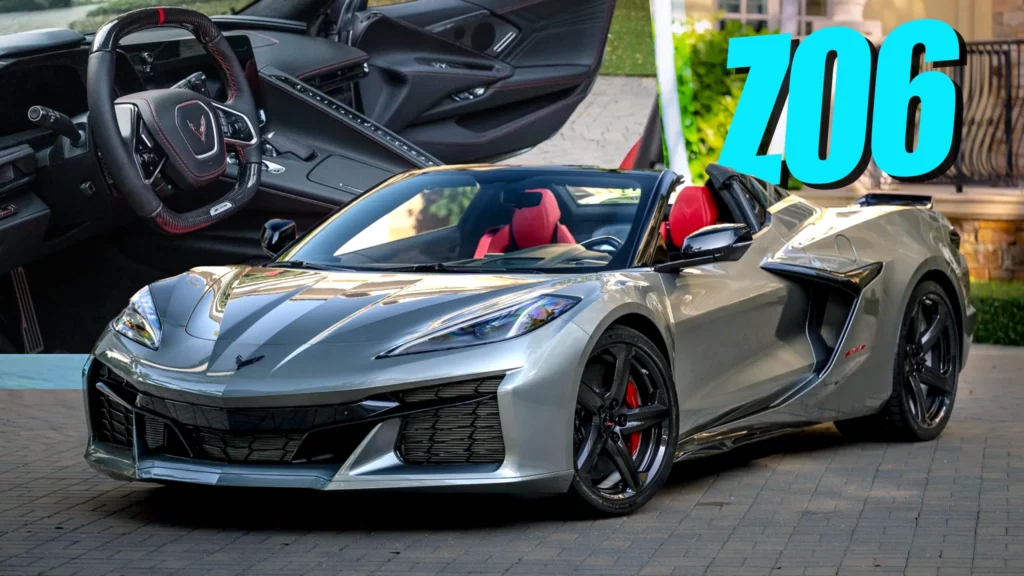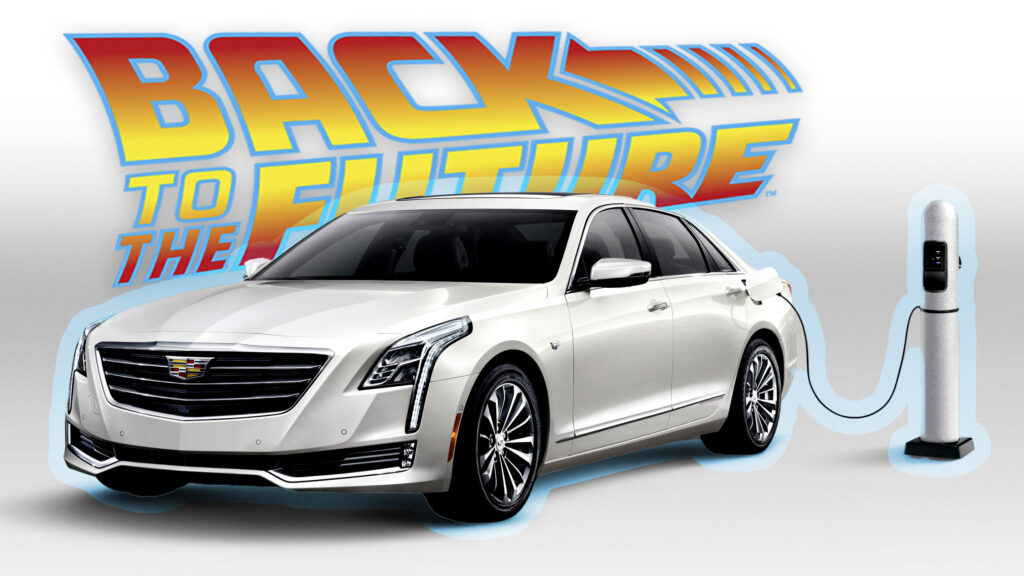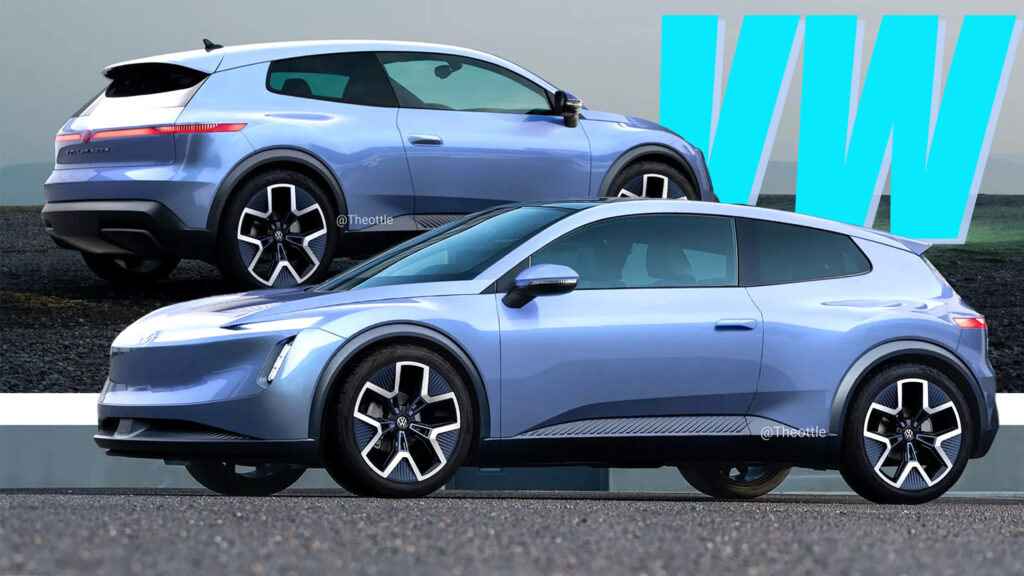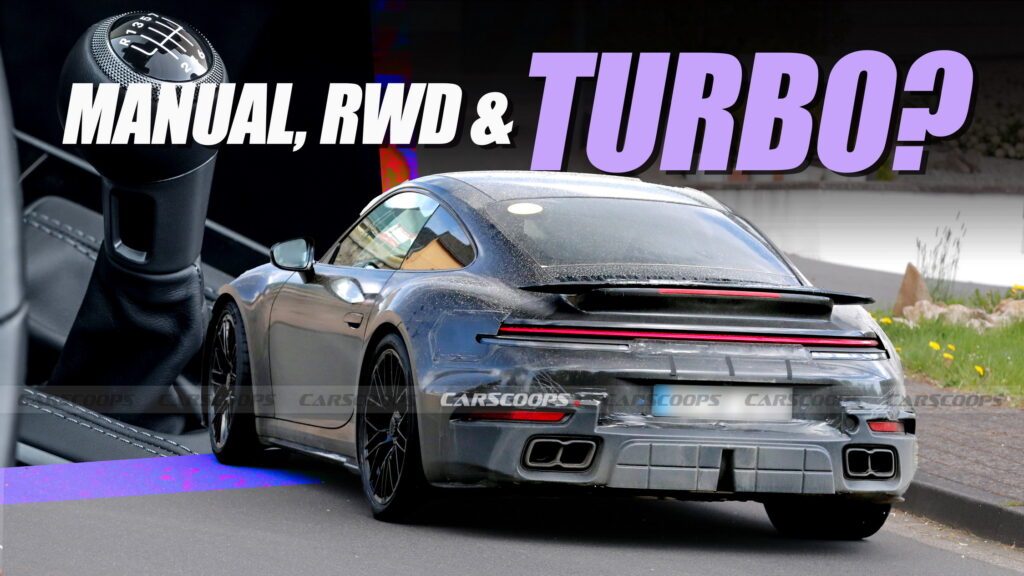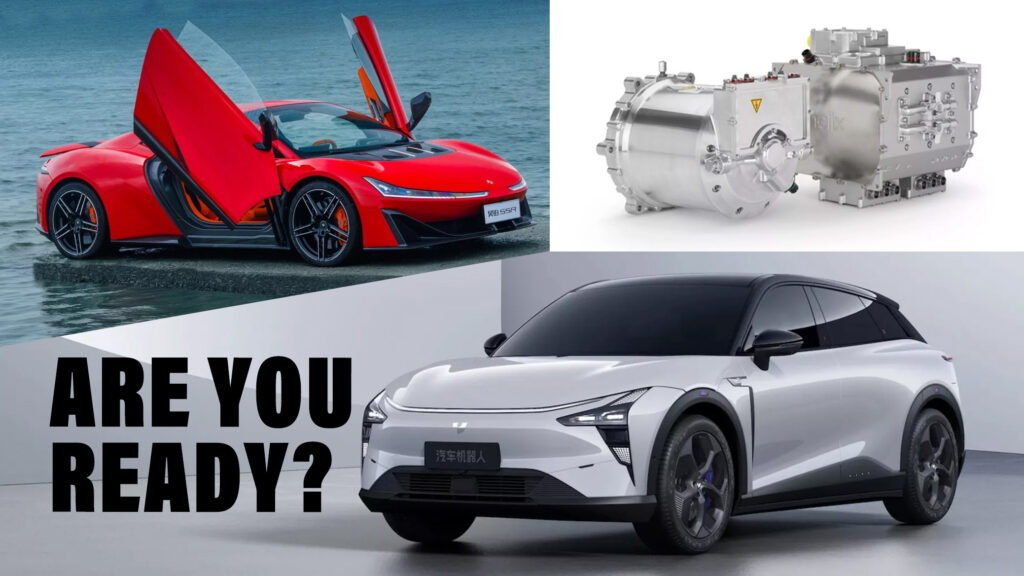That fact that you’re reading this website means you must be interested in cars, and not just cars, but new cars. But like those of us on the other side of your screen creating this content, you’ve probably noticed that our hobby is changing. Every day there seems to be a new brand name to learn and you’re probably finding that knowing how a camshaft works is becoming less important than understanding the intricacies of electrical engineering. What the hell happened?
Until maybe eight years ago, and the launch of the Tesla Model 3, it was easy to pretend that we could carry on the same way. You’d get the occasional new brand name appear every so often, like Lexus and Infiniti did in the late 1980s, and Genesis in the 2010s, and there’d be incremental changes to the technology in our cars, much of the advances coming in the form of safety and connectivity improvements.
Related: Study Suggests EVs Could Account For Up To 86% Of All New Vehicle Sales By 2030
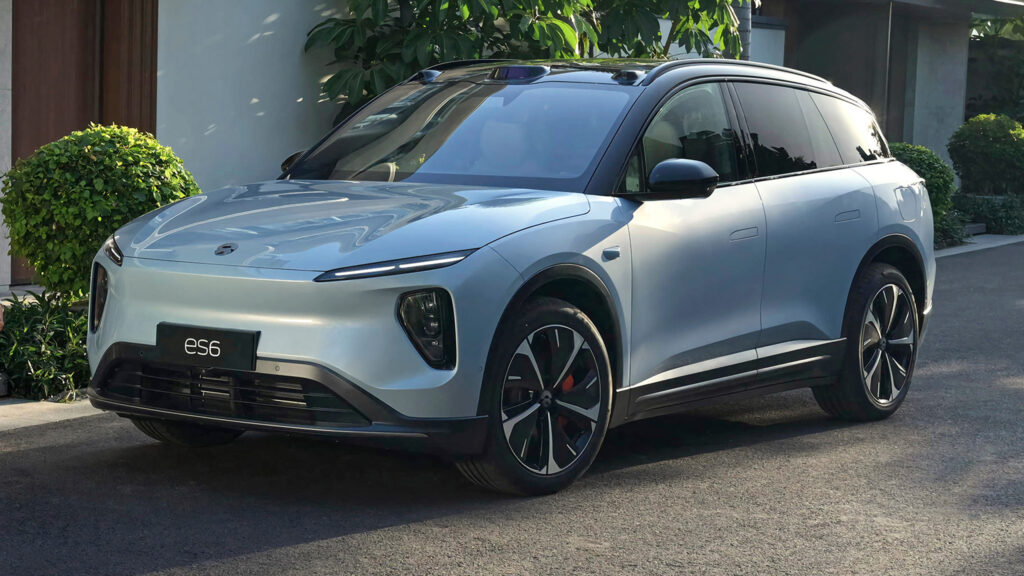
But most of the badges we’d see on cars on the street were the same ones we’d have seen 40 years earlier, and at a base level the mechanical componentry was broadly the same, too. A series of controlled gasoline-fuelled explosions under the hood would power us up the road, just as they did in the days before those roads were even paved. Sure, there were a few EVs around in the 2010s, but they were very much outliers, and though we might have heard the odd bit of news that the Chinese were getting less terrible at making cars, most of us paid it no attention and would struggle to name a Chinese brand if asked to.
Those days are disappearing fast, and they’re not coming back. The car world is only at the start of a period of change that will radically alter the cars we’ll be able to buy in the future. And it’s going to take some work on your part and mine to keep up with those changes if we’re to feel like we’re as in touch with the world of cars as we felt a few years back.
We’re going to have to bust some brain cells to memorize how to tell a Dongfeng from a Jiyue and an Aion from an Avatr, and to remember the importance of a motor being asynchronous and not synchronous (I had to look it up; asynchronous are cheaper and use fewer rare metals). Unless you’re in Australia, it’s probably going to take a while to get your head around what a kilowatt is in old money (it’s 1.3 hp / 1.4 PS), and while most of us are familiar with the concept of 15 mpg being bad and 50 mpg being great, we’re probably less au fait with how 2 miles (3 km) per kWh ranks in the good and bad stakes (answer: it’s terrible).
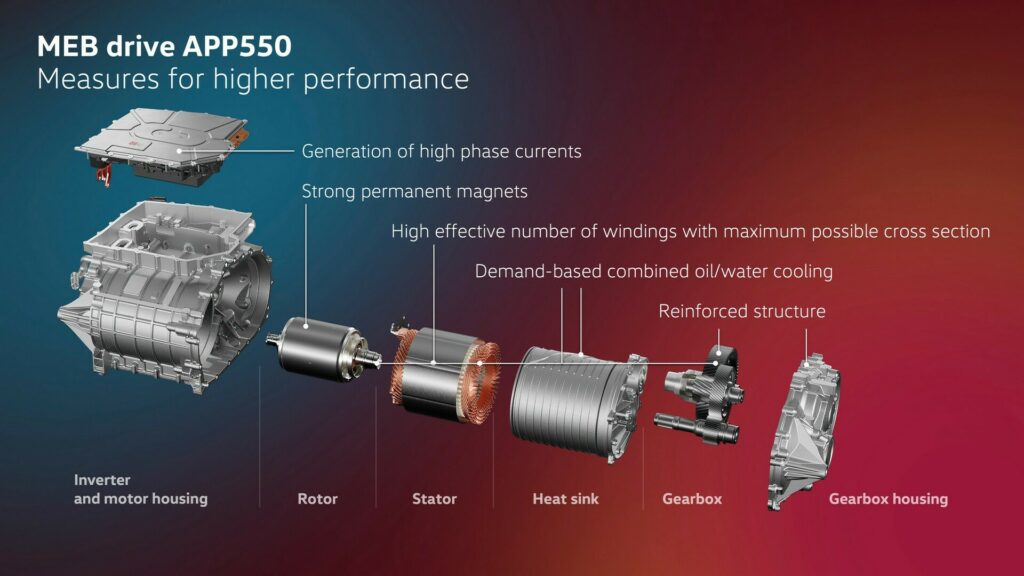
Of course, some of you will be further along this road of discovery than others. Maybe you were an EV early adopter, or your work involves electronics. Or maybe you’re a very regular reader of Carscoops and have noticed that we cover far more Chinese car content than other Western sites for the simple reason that we realize those brands could be on your European or American driveway a decade from now, no matter how irrelevant they might seem today.
But others, and I put myself in this category, are going to have to work hard to stay in touch. I read recently about how people tend to listen to less new music after the age of 30, and generally stick with what they liked during their teenage and early adult years for the rest of their lives. Many people might find the changes taking place in the new-car landscape over the coming years a perfect reason to step off and stick with what they know and like. And we can understand that.
Yet at the same time, it’s hard not to want to stay connected just to keep pace with some of the incredible technology heading our way. Cars are changing, but they’ll always be interesting, even if for different reasons. Are you more excited about what lies ahead, or what we’re leaving behind?



